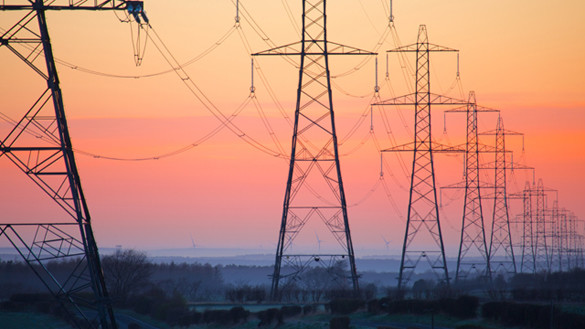Last week Chancellor Rishi Sunak announced the launch of a green finance plan and a savings plan which he hopes will be worth £15bn, and will help the government in its strategy to support new and existing green businesses and create more jobs.
As well as dovetailing the UK’s 2020 ten-point plan to inspire a green industrial revolution, the Chancellor insists the plans will help to install London as the hub of green finance. The UK is hosting the 26th UN’s Climate Change Conference (COP26) in Glasgow in October, when the world’s most powerful nations will work together to find ways of accelerating progress towards the aims of the Paris Agreement but, in the meantime, Sunak hopes his green finance plan will help to give the UK a competitive edge.
He has announced that National Savings and Investments (NS &I) will issue the £15bn bond to fund environmental projects and generate green jobs this autumn. In this way investors will be able to support carbon neutral initiatives while receiving a fixed rate on their money over a three-year term. And the Chancellor also aims to use the funds raised to invest in offshore wind farms and zero-emissions public transport, as well as paying for flood defences and tree planting initiatives.
And this is why it’s so important…
Sure, the government’s green energy plan is designed to boost the UK economy and create jobs, but the long game is also to protect the planet, its resources and our way of life.
Over the past week two more cataclysmic events have engulfed Europe and North America, in yet another sign that climate change is causing more extreme weather conditions to become ever more frequent.
The headline news on Thursday night revealed an unravelling horror in Central Europe where over 90 people were reported to have been killed, and many more missing after severe flooding hit Germany and Belgium, as well as Luxembourg and North East France. Several villages were cut off amidst growing fears of a dam bursting.
In the worst hit area, in Ahrweiler in Germany’s wine-making Rhine region, around 1,300 citizens were unaccounted for on Friday morning as entire villages were decimated when rivers burst their banks. The strength of the raging current collapsed houses and crushed cars and motor homes, as the devastation followed several days of torrential rain, and many roads remain impassable.
German Chancellor Angela Merkel received the news during a visit to Washington, where they have climate concerns of their own. A year ago, smoke from wildfires on the US West Coast reached the capital city, and this week, once again, fire has ravaged California, covering over a million acres of land between the US and Canada and fuelled by dry bush and increasingly high temperatures.
These types of natural disaster are bound to grow in number unless man made carbon emissions are brought under control. Governments around the world have drawn up their climate action strategies and now it’s down to all of us to play our part.






